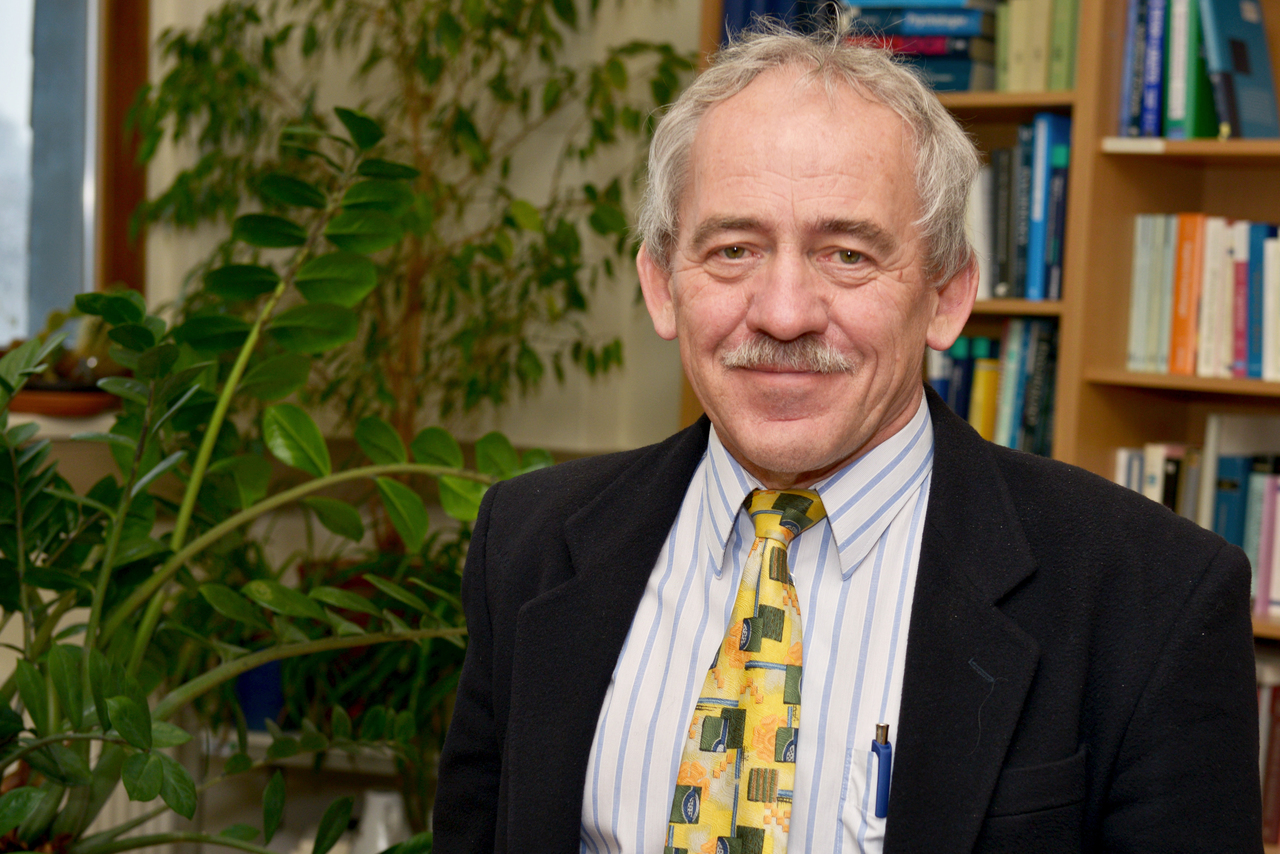Human Factor Issues for Vehicle Automation
Prof. Dr. Josef F. Krems (Chemnitz University of Technology)
Abstract. Prototypes of highly automated cars are already being tested on public roads in Europe, Japan and the United States . Automated driving promises several benefits such as improved safety, reduced congestions and emissions, higher comfort as well as economic competitiveness and enhanced mobility in the context of demographic changes. These benefits are often claimed on the basis of a technology-centered perspective of vehicle automation, emphasizing technical advances. However, to exploit the potential of vehicle automation, human-machine-related issues are considered a key question, shifting the perspective towards a human-centered view on automation. Research on human-automation interaction pointed out already “ironies of automation” that can undermine the expected benefits. Relevant issues mainly relate to the role change in various levels of automation, i.e. mode awareness and transitions from manual to automated control, reduced vigilance due to the monotony of supervising tasks in partially automated driving, changes in attention allocation and engagement in non-driving tasks, out-of-the-loop unfamiliarity resulting in reduced situation awareness, mental models of automation, trust calibration as well as misuse and overreliance. For reducing negative automation effects and enabling successful human-automation interaction, feedback on automation states an behaviors is considered a key factor. In this talk I will describe new challenges that arise from the technological development for applied psychology. The focus will be on our own research results on take-over-requests, communication between highly automated cars and other road users, and on comfort and acceptance.
Bio. Josef F. Krems, Professor of Cognitive and Engineering Psychology, graduated at the University of Regensburg in 1980. He then joined the group for Cognitive Psychology as a research assistant and did a PhD in Psychology (1984). For his habilitation (second PhD) he worked on Computer modelling and expert systems (1990). From 1991-1993 he was a Visiting Assistant Professor at Ohio State University, Columbus (OH), where he worked on computational models of diagnostic reasoning. Then he became an Assistant Professor at the Centre for Studies on Cognitive Complexity at the University of Potsdam (1994-1995). Since 1995 he is full professor at Chemnitz University of Technology. In 2006 he was invited as Visiting Professor to Chung-Keng University, Taiwan. His current research projects are on Electro-mobility, Man-Machine Interaction, Advanced Driver Assistant systems and highly automated driving, Usability and User Experience.

